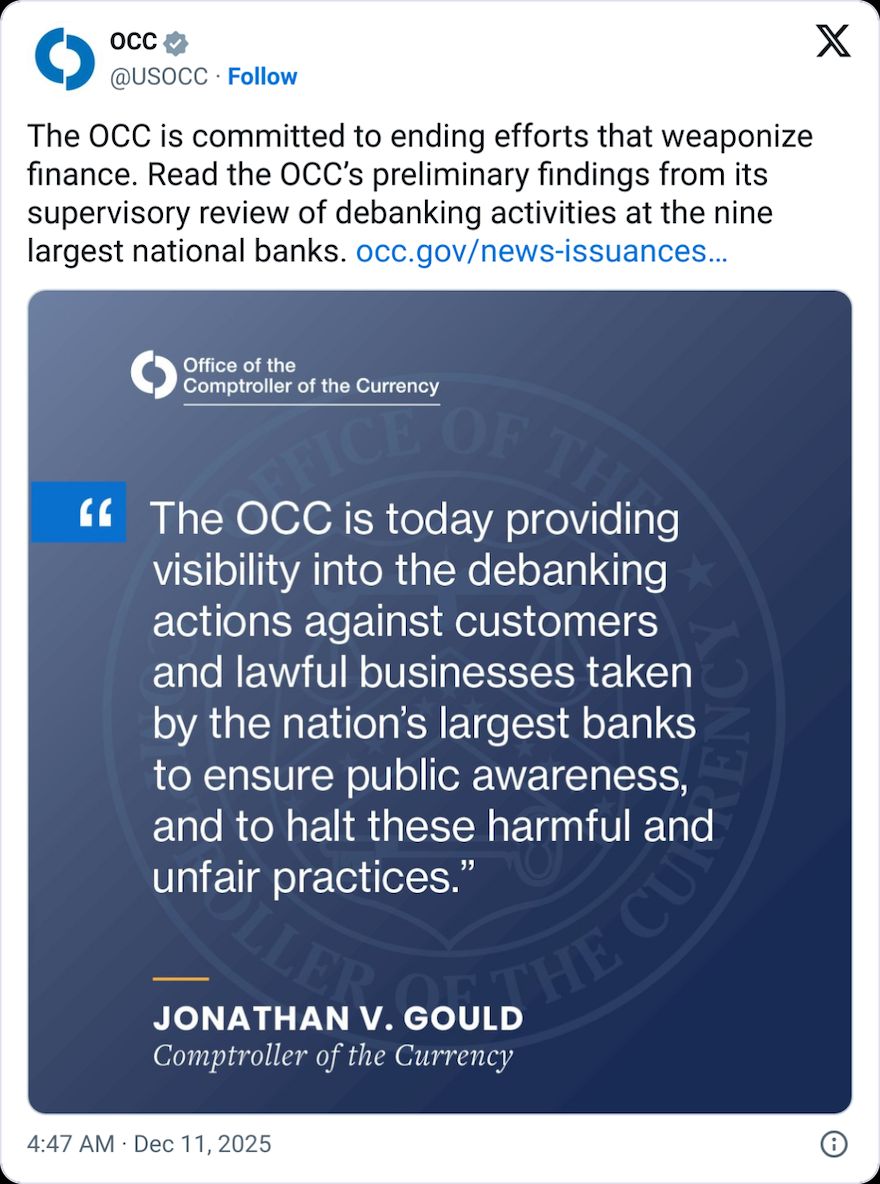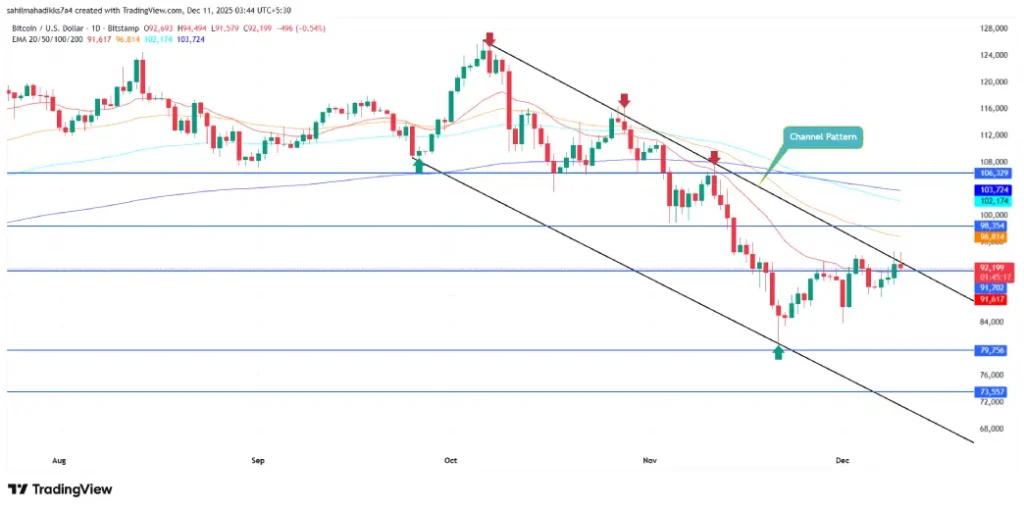China's Stablecoin Restrictions: Authorities Balance Technological Progress with Economic Security
- China's regulators halt mainland firms' stablecoin projects in Hong Kong to address financial stability risks. - Global stablecoin usage expands beyond crypto trading, but high fees persist, with USDT dominating the market. - Kyrgyzstan launches KGST stablecoin and plans a CBDC to boost international settlements and digital currency adoption. - Experts note China's regulatory actions aim to balance innovation with risk management, maintaining competitiveness against the U.S.
Chinese authorities have intensified their oversight of stablecoin projects in Hong Kong, with the People's Bank of China (PBOC) reportedly instructing mainland companies to halt their stablecoin launches in the city. This action, which targets both banks and non-bank payment providers, highlights growing apprehension over the dangers posed by unregulated digital currencies, especially as global stablecoin usage accelerates, according to
The South China Morning Post also reported that the PBOC and the Cyberspace Administration of China have told firms like Ant Group and JD.com to suspend their stablecoin initiatives. This move comes as Hong Kong has become a significant hub for digital assets since 2022, fostering a relatively open environment for the industry. Now, regulators are aiming to slow the rapid expansion of stablecoins and real-world asset (RWA) tokenization, citing worries about financial stability and the movement of capital across borders.
![]
Worldwide, stablecoins are increasingly being used for payments beyond crypto trading, though transaction costs remain a significant hurdle. Recent
Elsewhere, Kyrgyzstan has introduced its own stablecoin, KGST, which is pegged to the som at a 1:1 ratio, in partnership with Binance founder Changpeng Zhao. The country also revealed a three-stage plan to test a Central Bank Digital Currency (CBDC), beginning with internal transfers and eventually including offline payments, according to
Industry analysts believe that China's regulatory measures in Hong Kong do not indicate a withdrawal from digital assets as a whole. Despite the current pause, China continues to compete with the United States in the digital asset arena, with officials reaffirming their commitment to long-term strategic objectives, as noted by the South China Morning Post. The PBOC's actions reflect an effort to balance encouraging innovation with mitigating risks in a fast-changing sector. As stablecoins and CBDCs become more prevalent worldwide, regulators must find ways to maintain financial stability while supporting technological advancement.
Disclaimer: The content of this article solely reflects the author's opinion and does not represent the platform in any capacity. This article is not intended to serve as a reference for making investment decisions.
You may also like
Vitalik Buterin's Support for ZKsync and Its Influence on Layer 2 Scaling Technologies
- Vitalik Buterin's endorsement of ZKsync in November 2025 boosted its profile as a key Ethereum scaling solution with 15,000+ TPS and near-zero fees. - Institutional partnerships with Deutsche Bank and Sony , plus a 37.5M $ZK staking pilot, strengthened ZKsync's enterprise adoption and tokenomics. - The $0.74 token price surge and $15B capital inflow highlight market confidence in ZK-based infrastructure as Ethereum's primary scaling path. - Upcoming Fusaka upgrade (30,000 TPS) aims to challenge Arbitrum'

CyberCharge and SocialGrowAI Unite to Accelerate Web3 User Growth and Engagement
Crypto among sectors ‘debanked’ by 9 major banks: US regulator

Bitcoin Reverses From Channel Resistance as Whale Shorting Intensifies
